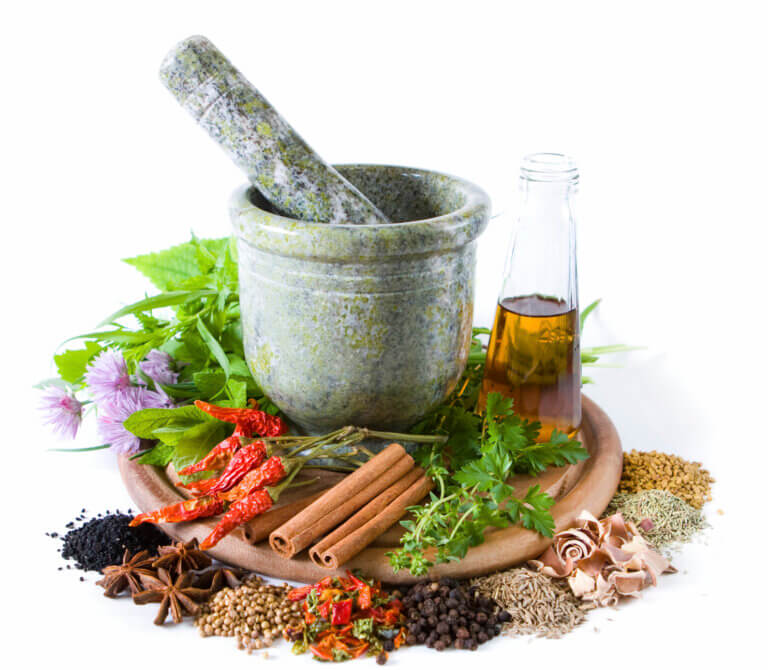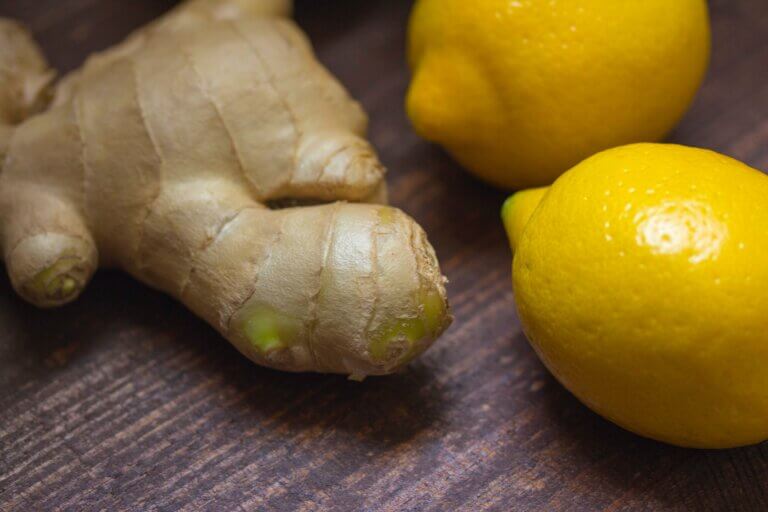Chamomile is a small, leafy, flowering plant that is often made into an herbal tea by drying the flowers and submersing them in hot water in a tea bag or a tea ball. Chamomile has a soothing aroma and taste. And, because it doesn’t contain caffeine, many people find that it helps them to fall asleep. Many believe that the plant has medicinal properties beyond just making you drowsy. Experience the healing benefits of Chamomile.
Calming Of Muscles And Nerves
According to Llewellyn’s Herbal Almanac, chamomile helps people fall asleep because it has a general calming effect on the nerves.
This trait can be used to help people to combat chronic stress and anxiety. Or just to relax after a hard day. Also, because chamomile doesn’t have caffeine, Llewellyn’s Herbal Almanac recommends rubbing chamomile tea on the gums of teething children to calm them down and help with gum inflammation.
Finally, the Herbal Almanac recommends using chamomile, lavender, and almond oil to make a body rub for the soothing of sore muscles or general relaxation. Of course, if you are allergic to nuts, another oil would be a better choice. Always seek expert advice when using essential oils in your own concoctions if you are unfamiliar with them.
Protection From The Common Cold And Food-Born Illness
While drinking chamomile tea can be soothing, a 2010 meta-analysis of the health benefits of chamomile published in Molecular Medicine Reports suggests that inhaling steam from chamomile tea may help combat the common cold. A later article published in the journal Industrial Crops and Products found that the anti-inflammatory effects of chamomile may also help to combat food-borne illnesses.
The study reported that anti-inflammatory chemicals found in the tea may have several immune benefits. And while it is also said that this is an area that deserves further research, there’s certainly no harm in trying for the healing benefits of Chamomile.
Control Of Blood Sugar
A 2008 study published in the Journal of Agricultural and Food Chemistry found that daily consumption of chamomile tea may help to prevent the progression of diabetic complications. Including high blood sugar.
The study found that, when taken with a meal, chamomile tea helped to prevent the cells’ accumulation of sorbitol. A slowly metabolized sugar alcohol that is created as a byproduct of sugar metabolism.
This does not suggest that chamomile tea can replace dietary prescriptions or other controls like insulin. But it does suggest that a cup of tea and the healing benefits of Chamomile may help your body to self-regulate its glucose levels, assisting other interventions.
Contributing to cancer-fighting
An article published in the journal Industrial Crops and Products in 2012 found that chamomile contains high volumes of antioxidants. Which have long been thought to combat various severe ailments. Including cancer and heart disease.
While chamomile tea alone probably won’t protect you from cancer. However, incorporating a cup of tea into a diet rich with other antioxidants may certainly help.
Notes On The Growth And Ingestion Of Chamomile
Chamomile tea can be purchased from most grocery stores. As well as from most health food stores and natural remedy shops. But the plant also grows wild in many parts of the United States and Europe. Starter plants can also be purchased from many florists or greenhouses.
Chamomile does resemble some unrelated weeds. So be sure to consult an expert before trying to ingest any plant that you didn’t purchase from a reliable source.
There are also virtually no reported ill side effects of chamomile. There have been reported cases of severe allergic reactions to chamomile by people who were also allergic to ragweed.
A study by The Journal of Allergy and Clinical Immunology suggested that this can occur due to cross-pollination of the chamomile plant. So be cautious when experimenting with chamomile if you are allergic to ragweed. Especially if you are growing your plants and experiencing the healing benefits of Chamomile.








